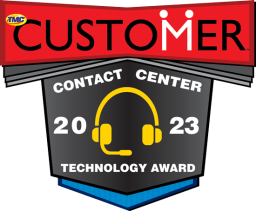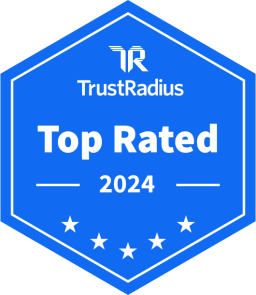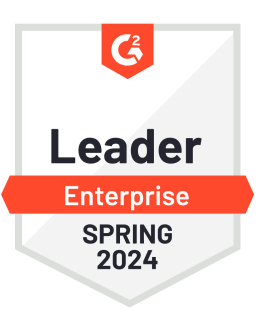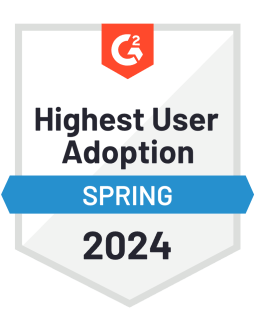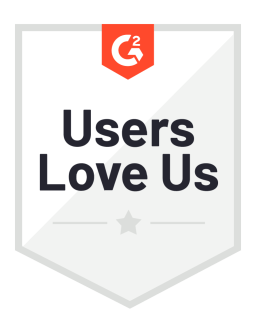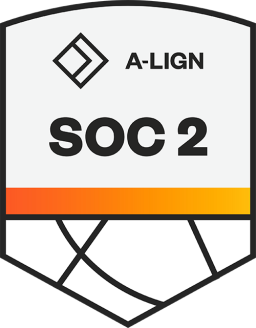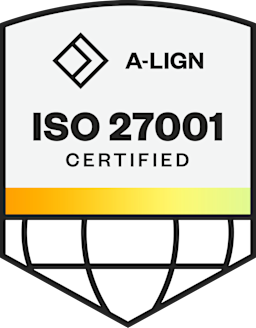Why social media optimization is a top priority right now
AdWeek reported that 61% of people will unfollow brands because their content is no longer relevant, 45% of people are likely to unfollow brands that self-promote too often, and 20% will unfollow if the brand is sharing boring or repetitive content. Therefore, it is essential that social media marketers track brand engagement metrics to determine effectiveness and understand how well the content they share is resonating with their audiences.
We’ve spoken with many marketers and discovered that despite larger budgets being dedicated to social media, many still don’t know to effectively use their resources and measure the outcomes of their investment.
In Q4, Facebook announced a 43% increase in ads costs, which means that now - more than ever - it will be crucial to understand which social media channels and activities are currently bringing your company the most revenue - and why. The only way to effectively keep ad costs low is with SMO. We also recommend that you identify the areas in which you could improve. Monitoring and analyzing the weaknesses in your social media strategy will enable you to make changes for the better.
With the recent trends around social platforms prioritizing consumer-to-consumer conversations and users spending less time on public social media platforms in favor of instant private messaging apps, it makes it of paramount importance to stop wasting budgets, and inform your paid strategy through actionable recommendations, machine learning, and automation. This will ensure you are putting your money in the right places at the right time to consistently improve your performance.
Here are 5 key steps to optimize your social media marketing:
1. Set relevant KPIs
How do you define success? Typically, brands use their historical performance to measure the success of their social media activities. However, this may not be the optimal approach since competitors may be outperforming you and commanding a greater share of engagement among your target consumers.
Do you know if you are optimizing your ROI for every dollar spent? You need to measure your social media ROI in a competitive context. Are rising ad costs happening in your industry or affecting your business alone? Understanding these types of variables will help you determine your Facebook advertising costs and allocate your budget intelligently. Leveraging competitive benchmarking analysis will provide a crucial dimension to your decision making and ultimately help you set realistic, yet competitive KPIs.
2. Know your audience
We cannot stress this enough, you need to know your audience. Segmenting your audience - by their interests and behaviors - will help you fine-tune your Facebook audience targeting.
Gaining audience insights will also help you to create more relevant, personalized content for your audience, define your buyer personas, and ensure they engage with your brand ultimately helping you improve your social media ROI.
3. Know what and when to post
Do you know what content resonates with your audience? More common than not, marketers huddle together in a meeting room to brainstorm ideas for their next big campaign. Even though it may be great for the whole team to come together, it may not be the most effective or efficient way to generate ideas. Leveraging machine learning to first uncover the top-performing brand posts among specific themes; (seasonal, product, hashtag), can help you facilitate a more in-depth discussion around the underlying post characteristics such as copy, call-to-action(s), media type, and media length.
Do you know when is the best time to post on social media? You may have the best content in the world but there is no point if nobody sees it. With consumers spending less time surfing social media platforms, it is important to maximize potential impressions and engagement by posting at the most optimal time based on your historical page performance.
4. Use AI (Artificial Intelligence) to boost posts
Once you have posted your content, ever wondered when and with how much budget you should boost your posts? We’ve found that some marketers choose to boost every post, others are more selective, but in the end, it shouldn’t be a guessing game - every dollar counts.
Social media platforms need to evolve and they are relentless with tweaking algorithms to favor paid posts that are relevant to users. So even though you may want to boost every post, this may not be the most effective investment strategy. If your posts are receiving a higher number of negative comments, boosting these posts will not only be more expensive, they will also be shown to fewer people and will have a negative impact on the brand.
Also, some posts may have higher "engagement potential" while you may have a limited budget. Dividing the budget equally will result in missing out on the optimal number of impressions and engagement for your best content.
44% of content promoted by companies are also their poorest-performing posts. This means that marketers are wasting budgets on ineffective content and generating negative feedback which in turn, lowers your Relevance Score, increases your ad costs, and damages your brand image. With machine learning now able to predict the performance of posts, such negative consequences can be easily avoided.
5. Evaluate your social media campaigns
Social media is ongoing and ever-changing, which is why you need to consistently evaluate your performance. Stop wasting time with manual analysis and downloading data dumps across your channels. The more processes you automate, the easier it will be to focus on what really matters - and that is bringing value to your audience.
Digital happens across channels, from social media to your website, you need to see a complete attribution picture of your activities. You can do this by using consolidated dashboards. Not only does it save the team a great deal of time, but it also allows you to focus on optimizing future social media content.
The Takeaway
There is a wealth of data that you can use to empower your strategy and stay ahead of the competition. Taking an intuitive approach has become a thing of the past, and it is important that you utilize data to make more well-informed decisions. Think of your social media optimization plan as a workflow, and if you incorporate the 5 tips we’ve offered above, you will see positive results and improve your social media ROI.
Editor's Note: This article was originally published on socialbakers.com. Any statistics or statements included in this article were current at the time of original publication.
















